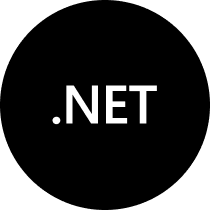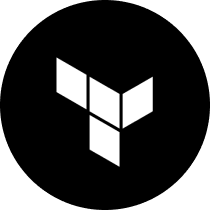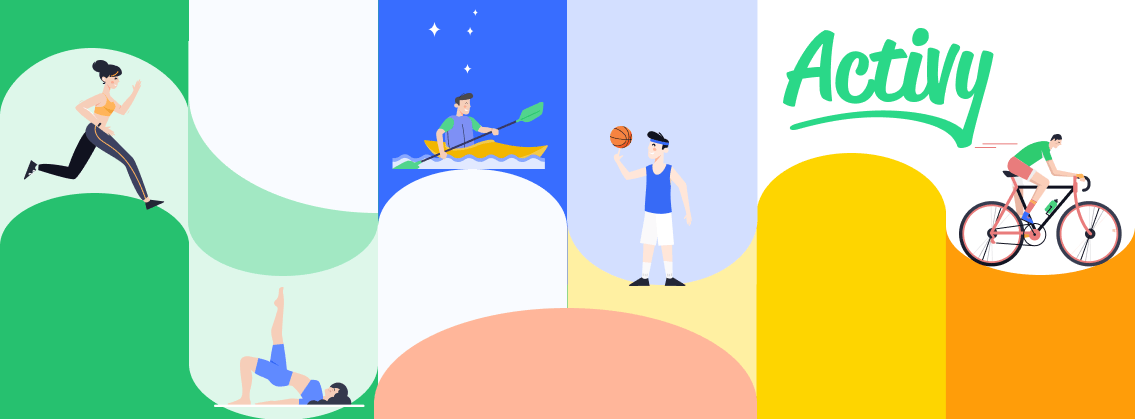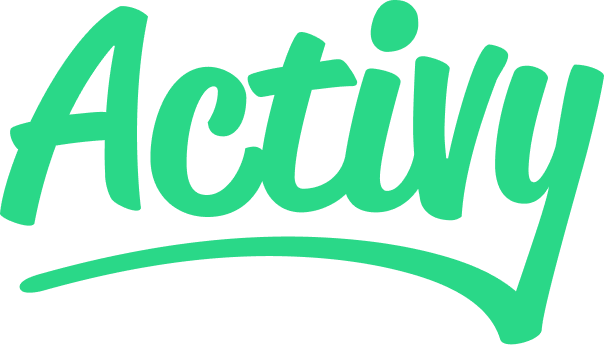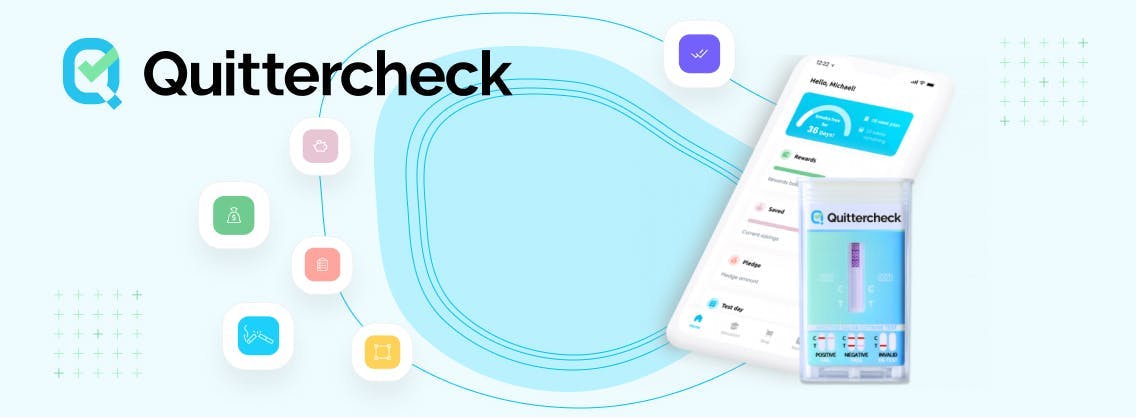Welliba


Unlocking a better employee experience by moving beyond traditional engagement solutions
Welliba empowers organizations to redefine employee experiences. As the first Employee Experience Management System (ExMS), it blends behavioral science and user-centric tech. Employees own their data while HR gains anonymous insights, driving growth and engagement.Unlocking a better employee experience by moving beyond traditional engagement solutions
Welliba empowers organizations to redefine employee experiences. As the first Employee Experience Management System (ExMS), it blends behavioral science and user-centric tech. Employees own their data while HR gains anonymous insights, driving growth and engagement.
Project background
It is the first Employee Experience Management System (ExMS) that combines the latest insights from behavioral science and people-centered technology. It enables HR departments to give employees ownership of their own employee experience so they can unlock their potential.
Welliba’s platform can be accessed via web and mobile applications. It gathers data from daily activities, polls, and answers delivered via the app.
The solution is aligned with the ‘Privacy by Design’ principle. Users own their data and decide who to share it with. Welliba delivers value to employers by presenting grouped data that relate to a specific issue whilst safeguarding the full anonymity of individual users.
Welliba is EX+ platform. It enables organisations to measure, predict and manage employee experience. The app provides on-demand, personalised insights and advice to employees.
HRTech industry
Employee experience is a strategic HR priority at the heart of most people's programs. More than one in two CEOs state that performance and productivity issues are top business concerns (PI Index CEO Benchmarking Report, 2021), but 61% of employees feel that their mental health negatively impacts their productivity (Pfeffer & Williams, 2020).
The global pandemic significantly affected employees' mental wellbeing and happiness at work. Forrester Consulting research (2021) found that 81% of employees believe that businesses should enable a superior employee experience.
Organisations that want to cultivate a healthy company culture need to focus more on providing employees with a stimulating and encouraging work environment. Employee experience has become an important new metric that companies use to understand their employees.
To be effective in the field of employee experience, HR departments need tools that provide them with the necessary data. Welliba’s EX+ platform was created in response to this need: it functions as a link between employers and employees.
High-quality data is crucial for HR specialists to understand what employees need to thrive. For instance, currently, only 40% of all employees take advantage of wellbeing initiatives provided by their employer. This is partly due to a misalignment between the support HR offers and what employees need.
Welliba’s EX+ platform enables companies to get to know the needs and experience of employees, whilst it gives feedback to employees that help them understand and improve their experience at work. EX+ uses activities, surveys, and polls designed by psychologists. An attractive, modern UX design stimulates the users to interact with the platform.
Features
Daily activities
Insights
Resources
Animated graphs and charts
Welliba provides users with daily activities aimed at tracking and improving their employee experience. Proper domain modeling delivered building blocks that ensure flexibility for Welliba’s clients in creating new activities based on their needs. To design this feature, we used a variety of UI and animations (on the web and mobile), which grants a diversified experience. Users can also complete activities via Apple Watch or Siri.
Scope of work
Welliba’s original question was to expand a product, for which a proof of concept (PoC) had previously been completed. However, the PoC contained only a small part of what the finished Welliba platform would offer, so both sides decided to start the project from scratch.
The LeanCode team worked on this product alongside the internal Welliba development team (50% LeanCode/50% Welliba). Both parties were actively involved in the implementation of features, proposing ideas, as well as solving the challenges encountered in the project. Thanks to mutual trust, the cooperation ran smoothly.
The scope of work included building the app's backend and infrastructure, a mobile application, and 4 web applications that offer different sets of features (Welliba Lounge, Welliba Dashboard, Welliba Admin App, and Welliba Welcome App).
LeanCode also supported the client with IT Consulting and collaborated with Welliba in choosing the bulk of the stack, e.g., Flutter, Terraform, and Kubernetes. We also openly shared with the Welliba team the tech knowledge gathered from our earlier projects.
For the backend and app’s infrastructure, we used .NET, Azure, and Terraform. We also conducted necessary integrations with tools like Flowmailer (email API platform), Lokalise (cloud-based localisation and translation management system), and LaunchDarkly (feature flag & toggle management).
One of the backend challenges in the project was handling data privacy. This was a key requirement to address for Welliba. The delicate nature of provided data required a careful split of stored information between different databases/schemas and microservices with differing responsibilities. On the infrastructure level, additional care has been put into securing access to Azure resources.
For building all web applications, we used React. The code was hosted in a monorepo, but all web apps were logically independent and differed in features and design. However, they shared a vast UI components library, which saved coding time and ensured consistency between apps.
One of the shared challenges for web and mobile development was resolving app internationalisation. So far, Welliba is available in 7 languages. Some of them, like Arabic, is read right to left instead of left to right. In such a case, all texts alongside selected icons and UI elements required right-to-left (RTL) rendering.
For web and mobile, we also implemented magic links authentication (a type of passwordless login that allows users to log into an account using generated links instead of providing usual credentials). This solution allows apps to accompany each other by redirecting hassle-free between the mobile app and the web app. Users can go to their daily activity with one click, no matter where it would need to be completed without additional sign-in.
For mobile app development, we proposed Flutter with its complete architecture model that consists of three development layers. Flutter-based apps are very smooth in their performance, which makes for great UX. However, some features and integrations required an individual approach.
This time, for example, the mobile team had to handle notification runtime permission on 3 platforms: iOS and two versions of Android, because of breaking changes in Android 13.
In this project, we proposed our Irish client to take advantage of Patrol - our Flutter UI testing framework. Patrol proved its effectiveness and significantly accelerated the testing process of the Welliba mobile app.
Review of our work

Solid knowledge and trusting cooperation help us deliver new features to our customers quickly, continuously, and based on high-security standards. The sophisticated code base and experience within LeanCode provided us with a strong foundation for the IT security certification process. We are thrilled and grateful to have found LeanCode as a partner and look forward to our further cooperation.


Solid knowledge and trusting cooperation help us deliver new features to our customers quickly, continuously, and based on high-security standards. The sophisticated code base and experience within LeanCode provided us with a strong foundation for the IT security certification process. We are thrilled and grateful to have found LeanCode as a partner and look forward to our further cooperation.

Let's talk!

Key takeaways
- Whilst working on Welliba, we used the Kanban project management methodology. Kanban can be a good approach for teams that have lots of incoming requests that vary in priority and size. Tasks are delivered continuously on an as-needed basis determined by the business goals.
- All apps that collect sensitive data require special attention to the design of processes to secure data storage and processing. In this case, sensitive data had to be separated from other insights in the database, and limited public access to resources in Azure had to be introduced.
- Our internal LeanCode packages, including Backend Core Library, proved to be efficient at speeding up the development process, especially the project's initial bootstrap. What’s most important, developers outside LeanCode found our APIs to be clearly structured and easy to use.
Additional value delivered
LeanCode often offers its clients unique internal solutions that speed up product development without sacrificing code quality. We also openly share our knowledge, so the client can continue developing its product without any obstacles from the tech side.
Smooth knowledge transfer to Welliba
LeanCode’s UI testing framework Patrol
LeanCode’s Core Library for backend
Technologies
Platforms
Other mobile apps
Let's schedule a 20-minute talk!

This is the initial scoping call with one of our experts. Its purpose is to get a better understanding of what you want to build. After this call, you will have an idea about your project's feasibility and the ballpark estimates.






